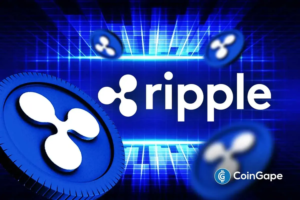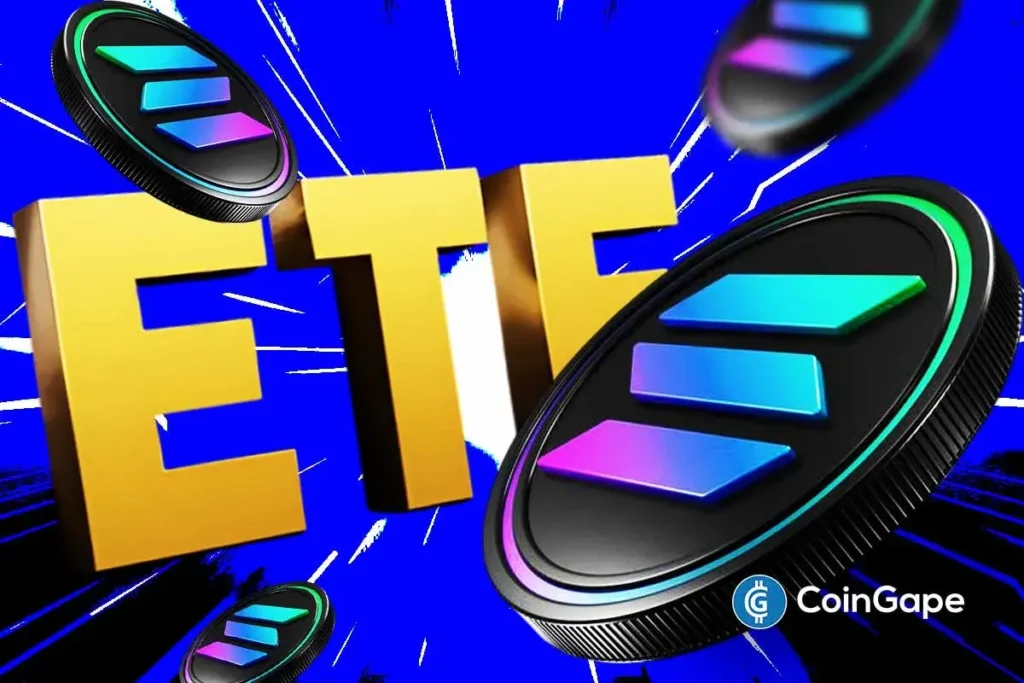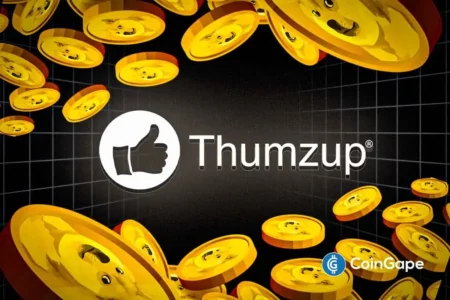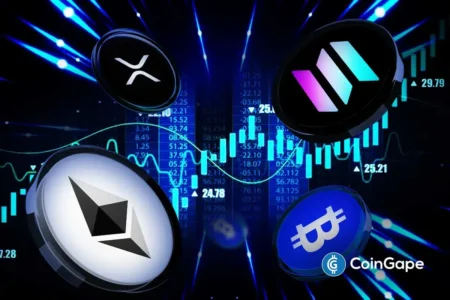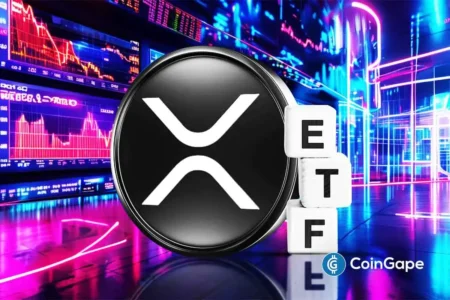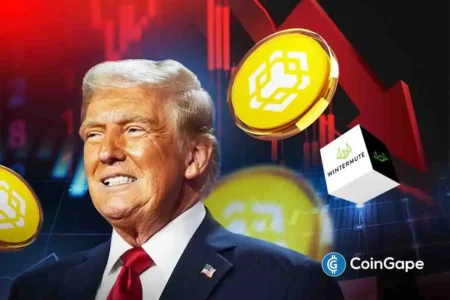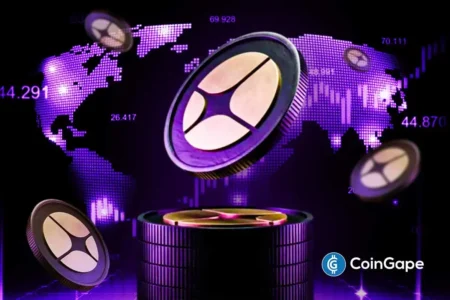The Rise of Solana ETFs: A Game Changer for Digital Asset Investment
The cryptocurrency landscape is evolving rapidly, and recent updates from major issuers like Grayscale, Fidelity, and Bitwise highlight potential breakthroughs in the world of digital assets. These firms have submitted amendments to their Solana ETF applications, incorporating provisions for staking—a move that has stirred significant interest and raised expectations around potential approvals. Leading ETF analyst Nate Geraci suggests the SEC’s increasing efficiency could lead to approval of these applications within two weeks, marking an exciting development for investors.
New Developments in Solana ETF Applications
The recent filings, characterized as fresh S-1 submissions to the U.S. Securities and Exchange Commission (SEC), include a diverse array of prominent players: Franklin, Fidelity, CoinShares, VanEck, and Canary. Bloomberg analyst James Seyffart has emphasized the noteworthy nature of these updates, signaling a synergistic movement between issuers and regulatory bodies. This proactive approach could lead to faster approvals by the SEC, especially given the specific inclusion of staking in these applications. This feature enables ETFs to harness on-chain assets, allowing them to generate yield from their Solana holdings through staking rewards.
Staking: A New Revenue Stream for Investors
A central aspect of these updated ETF filings is the incorporation of staking mechanisms, which can provide substantial benefits for investors. With staking, funds can earn rewards via Solana’s proof-of-stake protocol, receiving returns in either cash or SOL tokens. By treating these rewards as income, the net asset value (NAV) of the ETFs could see a notable enhancement. This dual exposure to Solana’s market price and a potential income stream could incentivize more investors to consider the cryptocurrency for their portfolios.
Increased Efficiency from the SEC
The timing of these amendments may not be coincidental. Recent regulatory shifts have suggested a more favorable environment for digital asset products. The SEC’s approval of Grayscale’s ETH product to transition away from non-generic listing rules toward a more standardized framework has created optimism. This restructured environment means similar digital products might now achieve quicker approvals, enhancing the likelihood of an early October announcement regarding new Solana ETFs.
Growing Institutional Interest in Solana
The uptick in Solana ETF filings coincides with a growing demand for Solana investment products. For instance, Bitwise’s European Solana staking Exchange-Traded Product (ETP) garnered an impressive $60 million inflow within a single week, reflecting heightened institutional appetite for digital assets. In the U.S., the REX-Osprey SOL + Staking ETF (SSK) also received substantial investment, recording $10.6 million in net inflows in a single day and surpassing the $250 million Asset Under Management (AUM) mark just two months post-launch.
Strategic Restructuring of Solana ETFs
To further attract investors, REX-Osprey has undertaken strategic restructuring of its Solana ETF, transitioning it from a C-Corporation to a regulated investment company (RIC). This pivotal change is expected to enhance tax efficiency, eliminating federal and state taxes at the fund level, which may make it a more attractive option for investors. In addition to its efforts with Solana, Grayscale has continued to make strides with their diversified cryptocurrency funds. Their recently launched CoinDesk Crypto 5 ETF, supporting both Solana and XRP, recorded a robust $22 million trading volume on its first day.
Outlook for Solana ETFs
As the cryptocurrency market continues to evolve, the anticipated SEC approval of Solana ETFs could set a new precedent for digital asset investment. With a favorable regulatory climate and increasing institutional interest in Solana products, the next few weeks could prove pivotal for both investors and the broader cryptocurrency landscape. Early approvals may not just facilitate greater exposure to Solana; they could catalyze the growth of similar ETFs, ultimately contributing to the maturation of the digital asset investment ecosystem as a whole.
In conclusion, the recent developments surrounding Solana ETFs mark a significant moment in the ever-evolving crypto landscape, presenting compelling opportunities for investors and issuers alike. With the combined strength of regulatory advancements and institutional interest, Solana may emerge as a dominant player in the ETF space in the near future.



